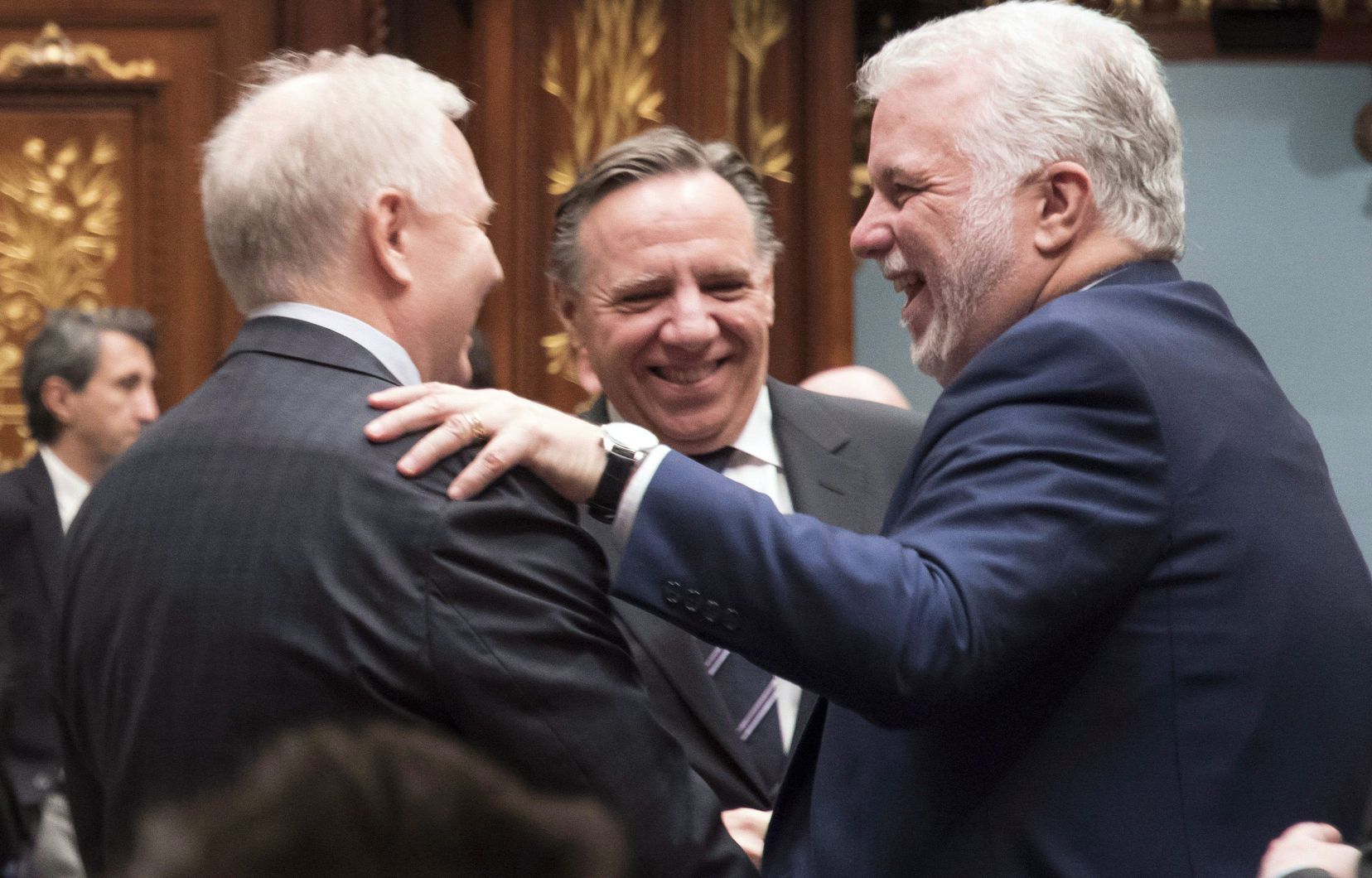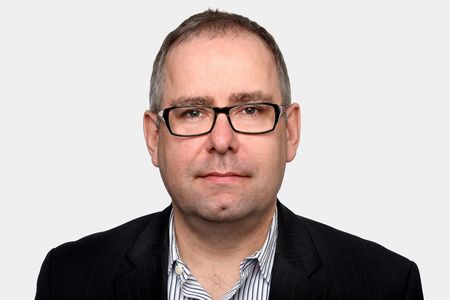Quebec is heading into an election campaign in which for the first time in 40 years, sovereignty is not the major defining issue.
Each of the main contenders for the coming Oct. 1 vote agree that Quebec independence is not a point of contention, including the Parti Québécois, which says it won’t hold a referendum until after the 2022 campaign.
With that shift in political dynamics, Quebec’s most radical option for change in a campaign that kicks off on Thursday is off the table, liberating voters and politicians alike to pursue new opportunities.
As the sovereignty battle wanes, however, voters still want change, although it’s not clear how they’ll get it from the available political options.
While 73 per cent of Quebeckers in a recent Leger poll said change is what they seek, there is no populist Doug Ford to throw out the established order as in Ontario, no Justin Trudeau offering a youthful alternative to sweep Quebec federally as in 2015, and no Jack Layton, who charmed the province and dragged the federal NDP from obscurity to dominance in 2011.
Quebec’s three main party leaders have all long been involved in politics. The least experienced first got into provincial politics 15 years ago. Liberal Premier Philippe Couillard, Coalition Avenir Québec Leader François Legault and the PQ’s Jean-François Lisée all have experience in government. And all three have personal popularity ratings ranging from tepid to lukewarm.
“In this election, there is no leader who is loved. All of the party leaders are less popular than their parties. That’s unique. In 30 years in the trade, it’s the first time I’ve seen it. Usually there’s someone new, a star. But here we have professional politicians,” said Jean-Marc Léger, president of the Leger polling firm.
“The major element in this campaign is that voters are looking to vote against parties rather than for anyone," he added. Forty-five per cent of voters say they could change their mind, another indicator Mr. Léger says he’s never seen so high. "We can expect strong variations in this campaign.”
With sovereignty on the back-burner and the economy ticking along, parties have been swiping ideas and employees from each other, further obscuring dividing lines.
Just last week, Mr. Couillard introduced a new candidate who only became a Liberal after he didn’t get to run in a safe riding for the CAQ. The Premier introduced a second candidate who voted for Quebec independence in 1980 but maintains she’s always been a federalist.
Quebeckers also saw the ostensibly conservative CAQ move to the left of the Liberals on daycare by promising to boost subsidies and create a flat rate for parents, mimicking the policy pioneered by the left-leaning PQ. The Liberals, who governed as deficit hawks and put a tight lid on spending in the first half of their mandate, now promise to improve quality of life while the CAQ wants to streamline government.
“Politics are changing,” said Mr. Couillard, explaining the precampaign season that also saw former Liberal cabinet minister Marguerite Blais sign up to run for the CAQ. “People now look at their options.”
The most likely agent for change is Mr. Legault and his CAQ, who have led in most polls for nearly a year. The six-year-old CAQ has never held power. As its name suggests, it is a coalition of people who have left the PQ, Quebec Liberals and federal Conservatives and built on the foundations of its predecessor party, the populist and right-leaning Action Démocratique du Québec.
Mr. Legault, a onetime CEO of Air Transat, himself came into politics as a PQ cabinet minister in the 1990s. He has since eschewed sovereignty and says his main goal is to transform Quebec into an economic tiger.
But opponents attack the CAQ and Mr. Legault as rootless opportunists who will change plans on a whim or will threaten the social order with austerity and identity politics. He has been around for decades but voters are still asking “Who is Mr. Legault, really?” Mr. Léger said.
In his ranks are people who push privatization and hold a hard line on assimilating immigrants, ideas that have not been front and centre of CAQ activities in the precampaign days.
“The only way our opponents have found to attack us is to say we’re not ready, not reliable, not this, not that. We’re not going to start answering every attack,” said François Bonnardel, the CAQ House Leader. “But we have a plan and the economy is our leitmotif. We should not have a province that is 10th out of 10 in income.” (Quebec is actually $475 ahead of last-place New Brunswick in median income.)
The CAQ says Quebec needs immigrants to solve labour shortages but promises to cut immigration quotas from 50,000 per year to 40,000. It says it will spend more per immigrant to ensure integration. Critics call the policy a dog whistle for the anti-immigrant fringe, a charge the party denies.
“What the Liberals don’t tell you is about 8,000 of their 50,000 leave Quebec within 24 months,” Mr. Bonnardel said. “We want a plan that will retain 95 per cent of our 40,000.”
The incumbent Liberals trail in polls but have presided over healthy public finances and a hot economy. They get little credit for it from voters so far. Instead, they have engendered opposition for cutting services.
Finance Minister Carlos Leitao said he should have better explained the necessity of the tight budget years.
“Now we need to push the conversation a little further, to bring back to the table that it is our party and our government that is worried about poverty,” Mr. Leitao said. “We’re the ones who invested significant amounts in culture. We were at the start of the climate change [cap and trade] initiative with California.
“We have a strong record but people don’t instinctively go there.”
The PQ, running a distant third in recent polling, risks losing official party status.
“Polls before elections whether in the U.S., France or Canada, have shown they have very little value,” Mr. Lisée said. “I feel like an underdog, but I like it. It’s a part of the Parti Québécois’ history to be the dark horse and to surprise people. I’m happy to repeat history.”



























